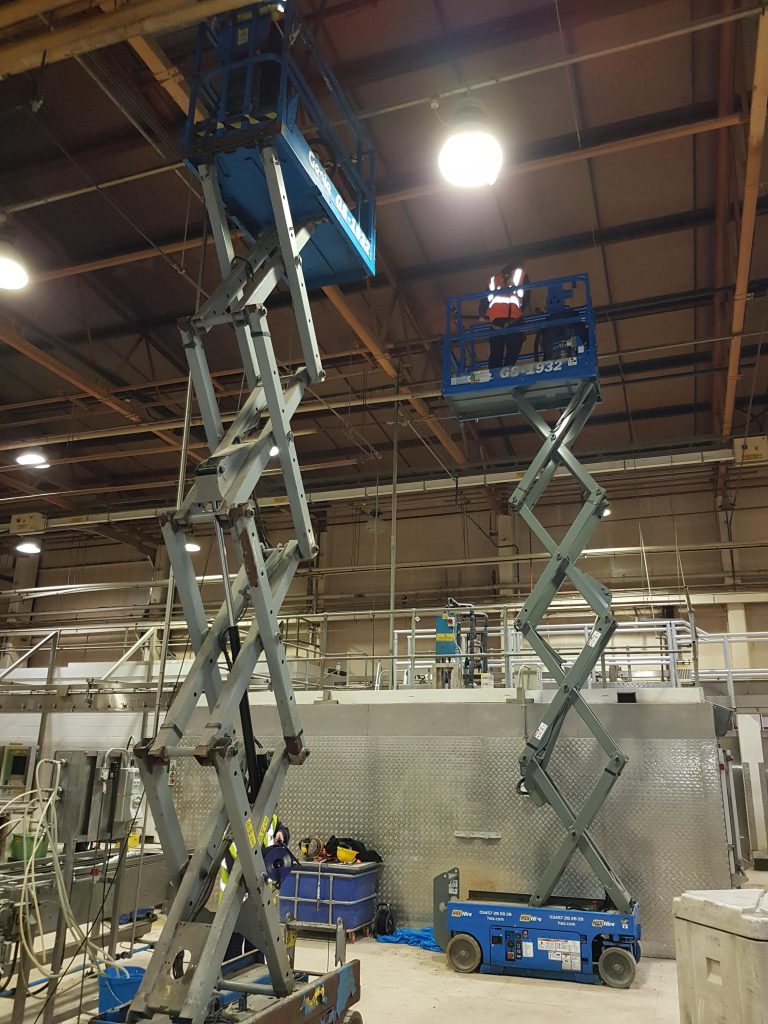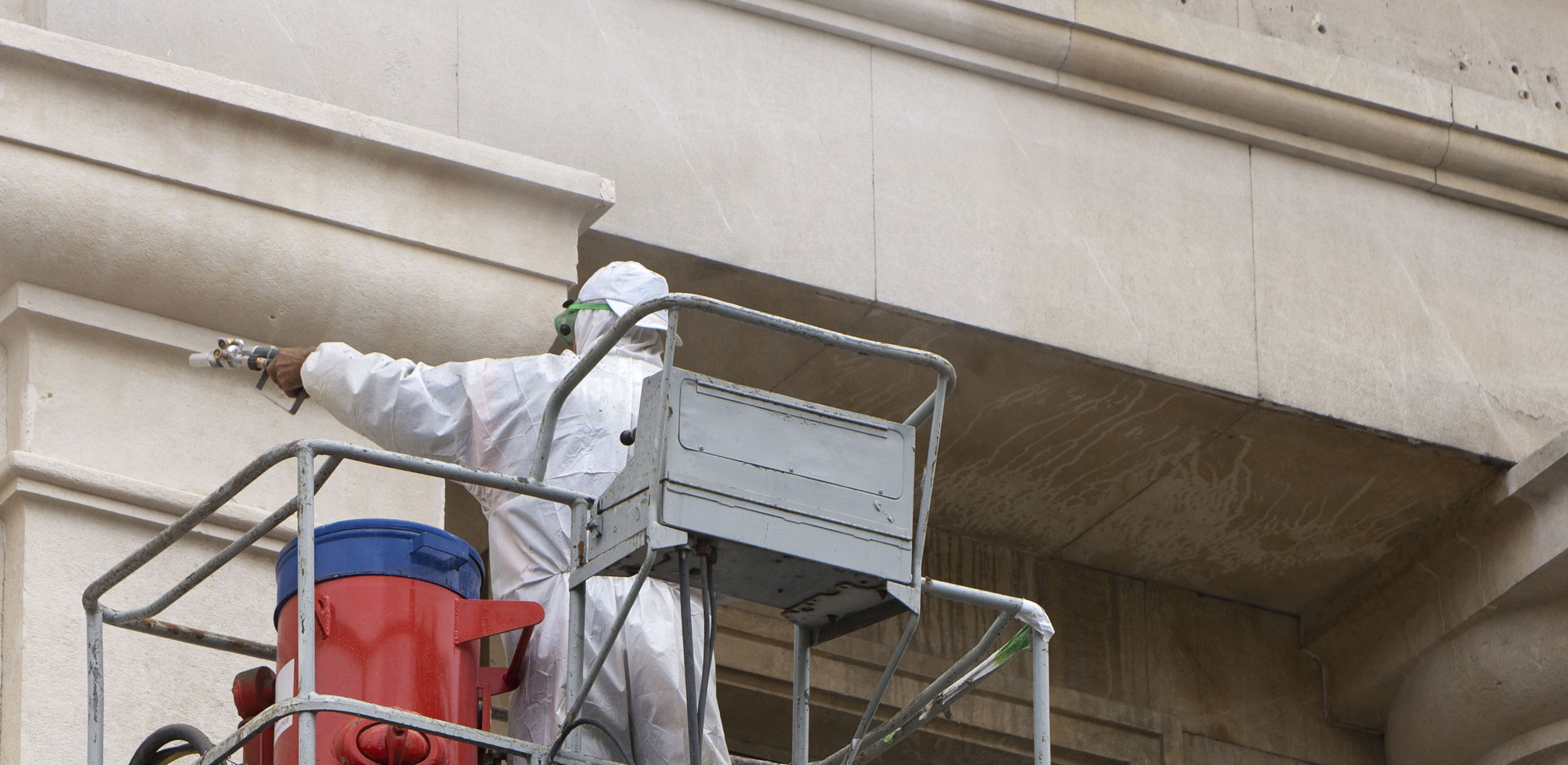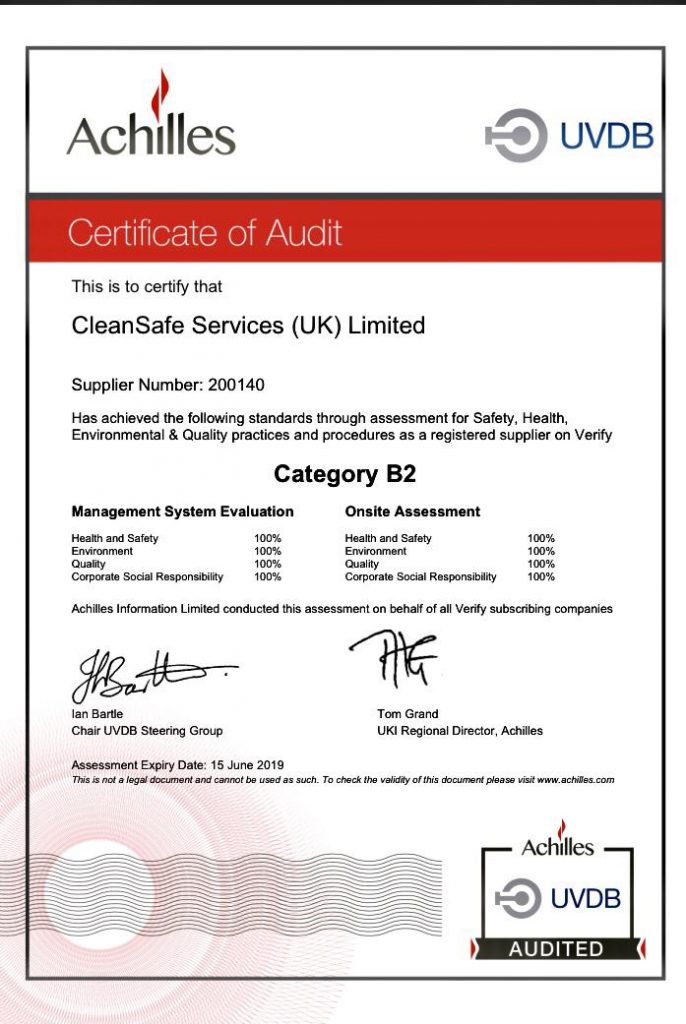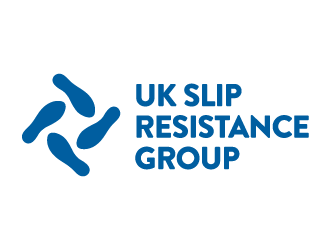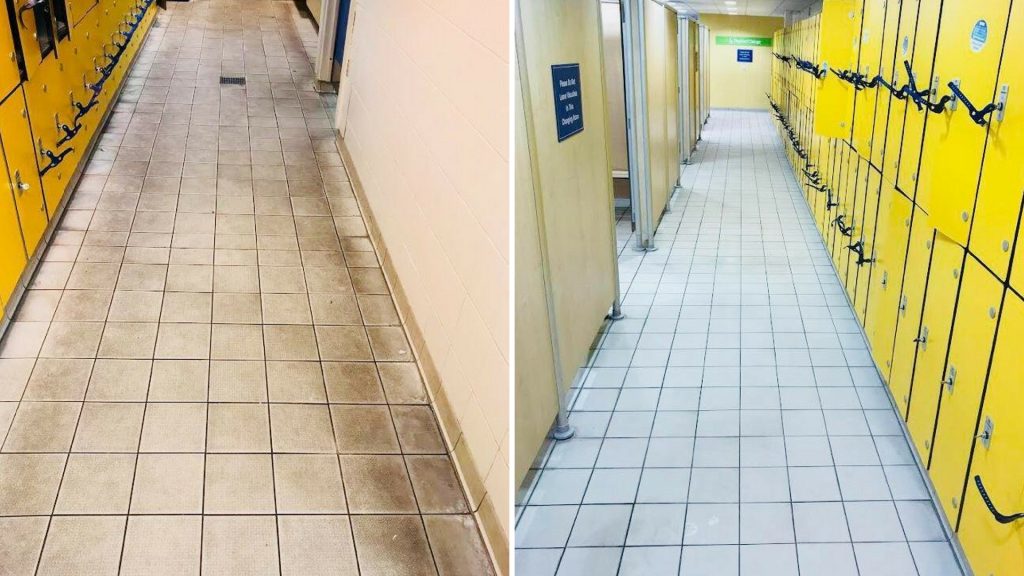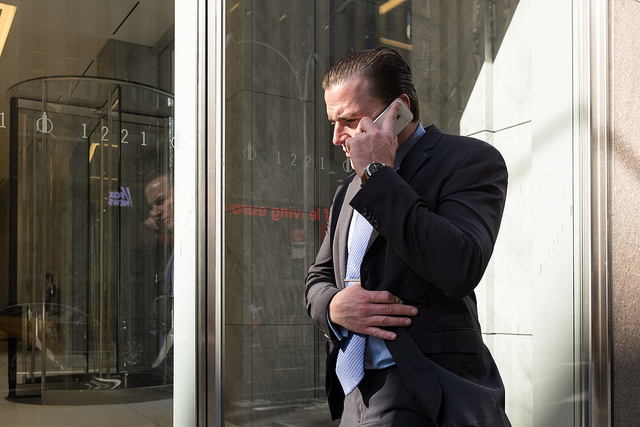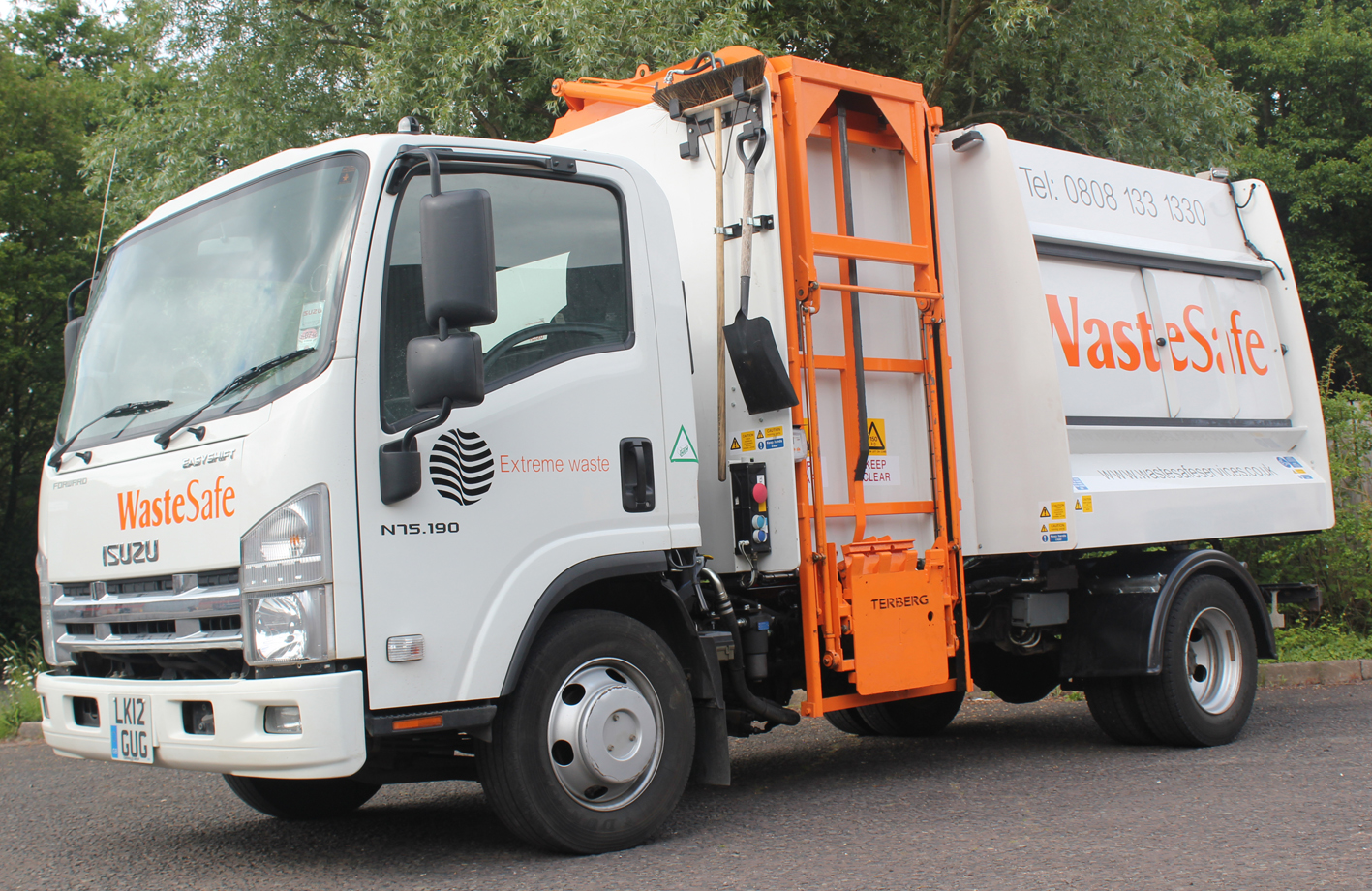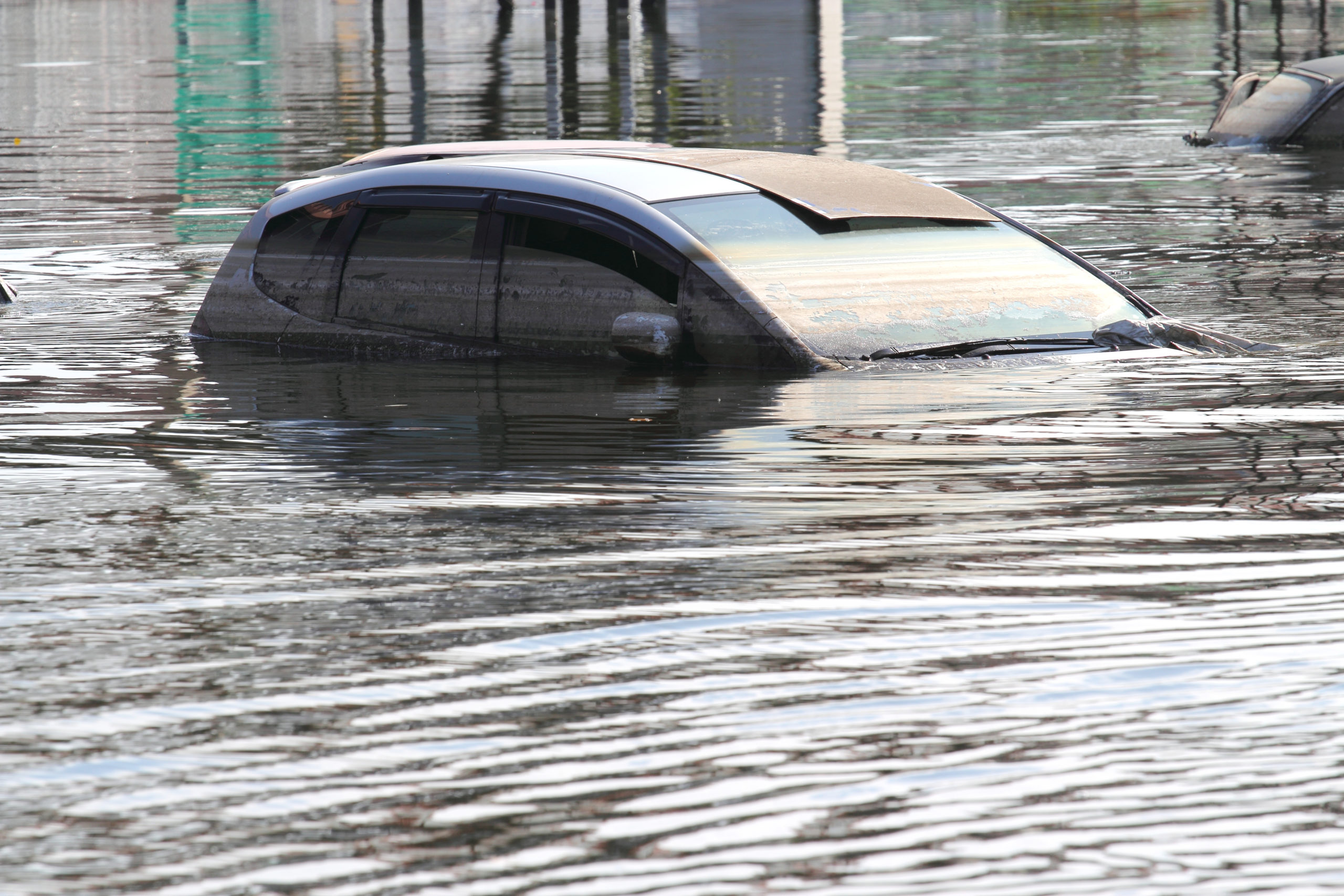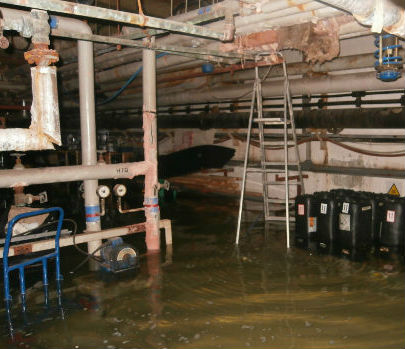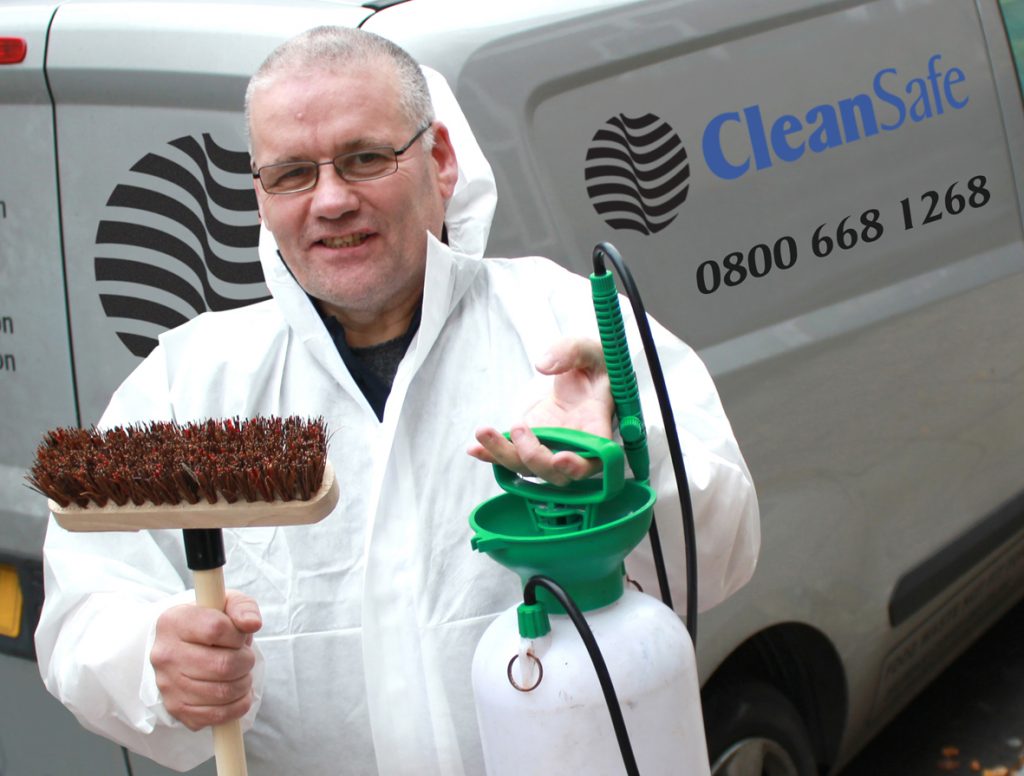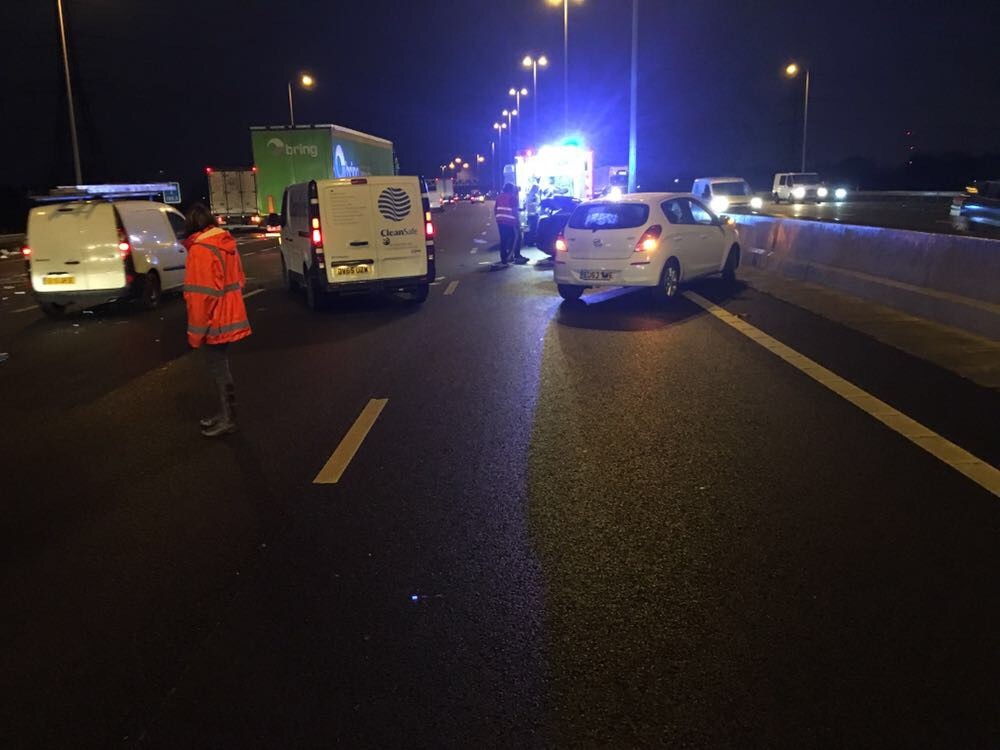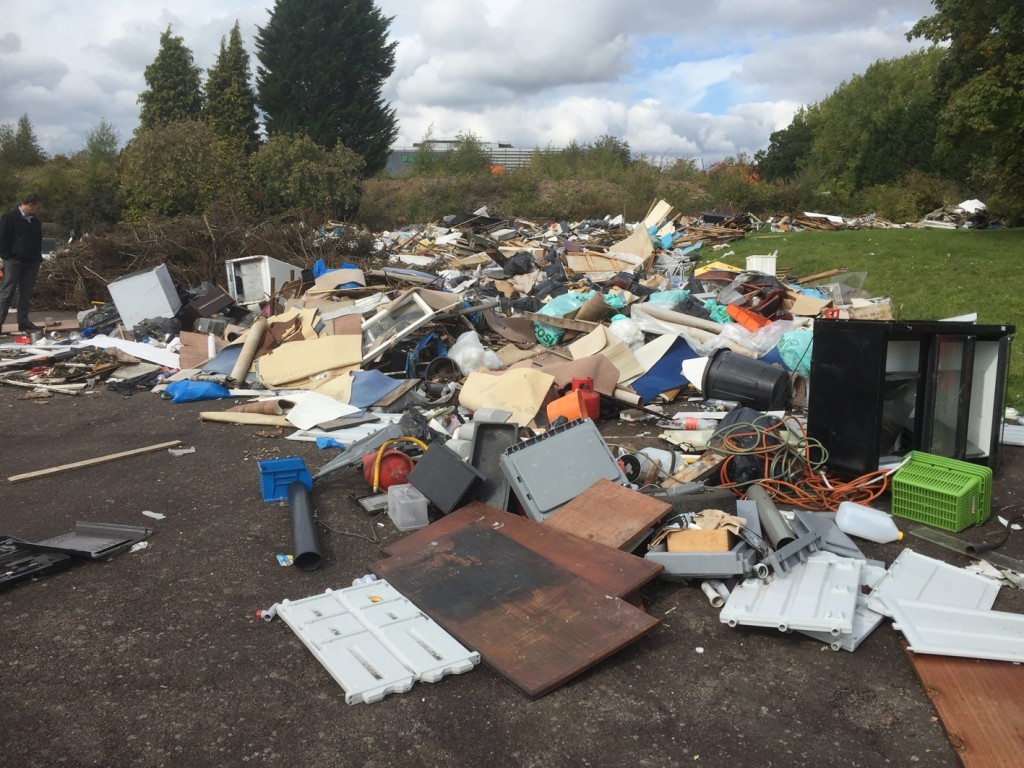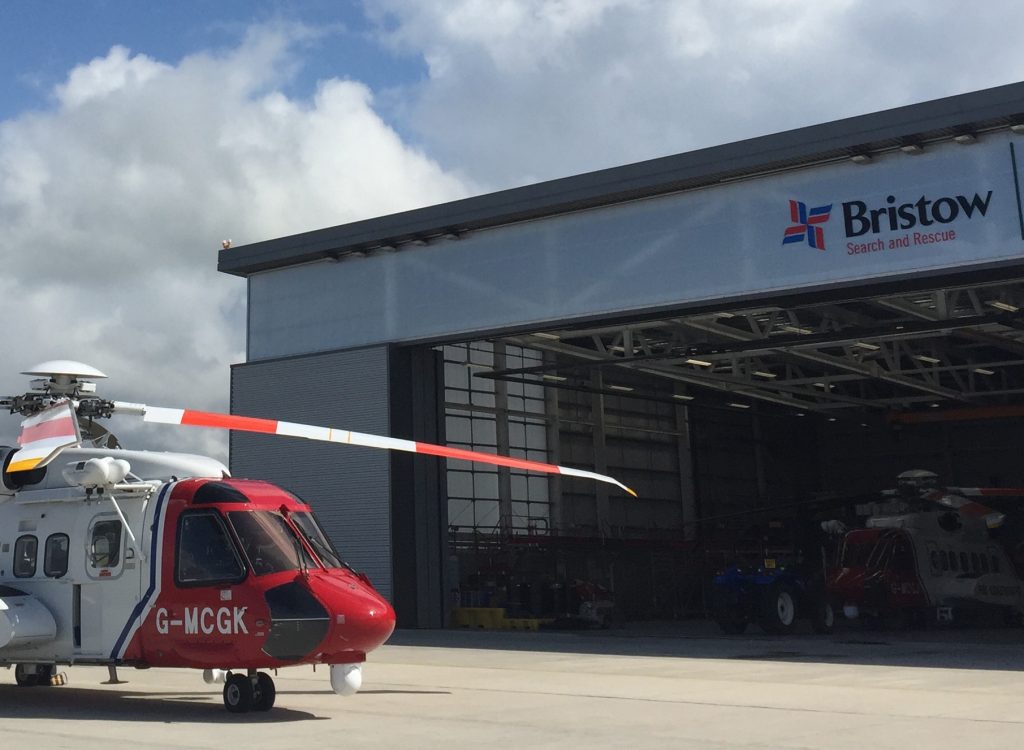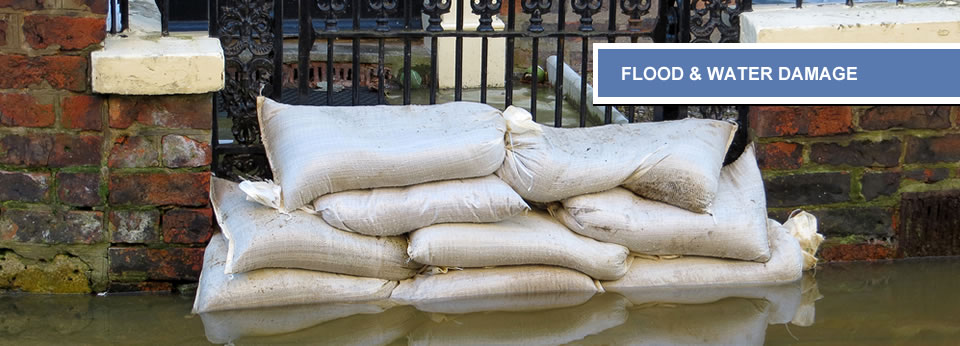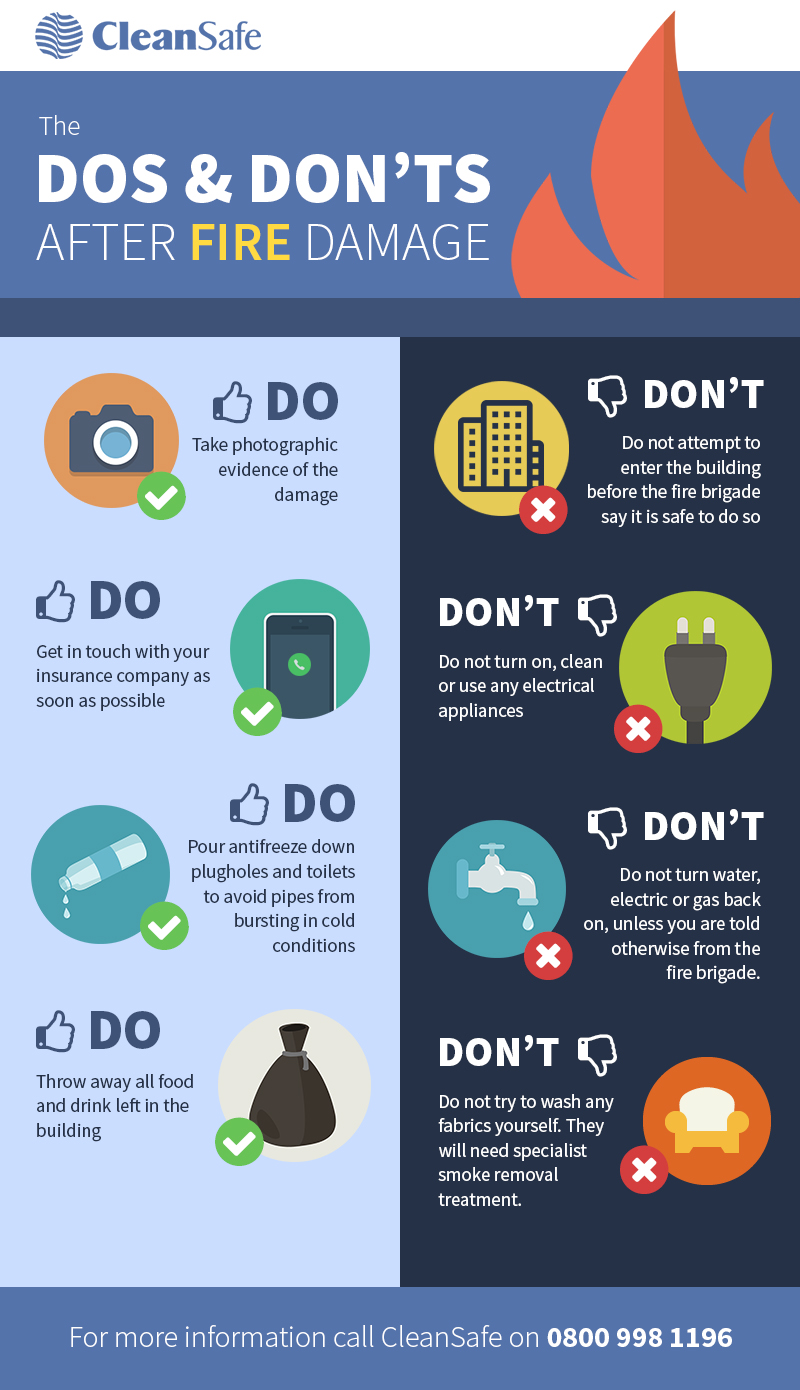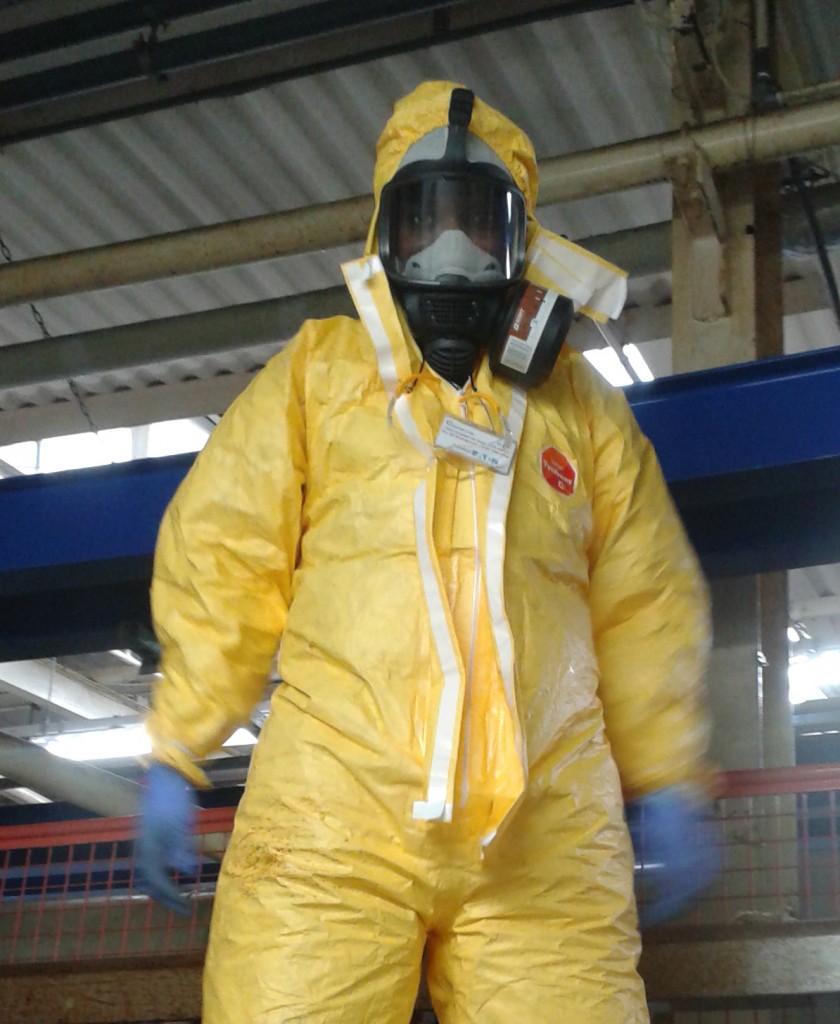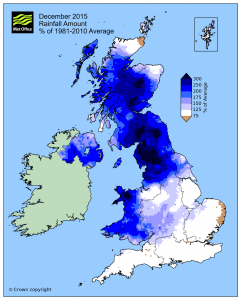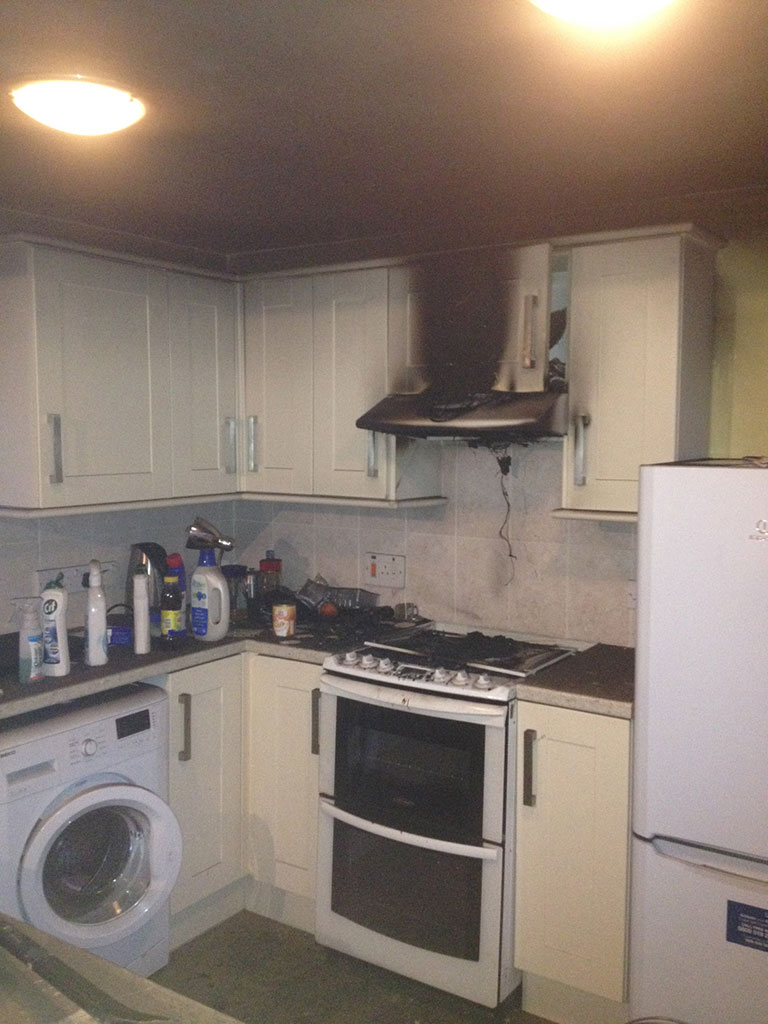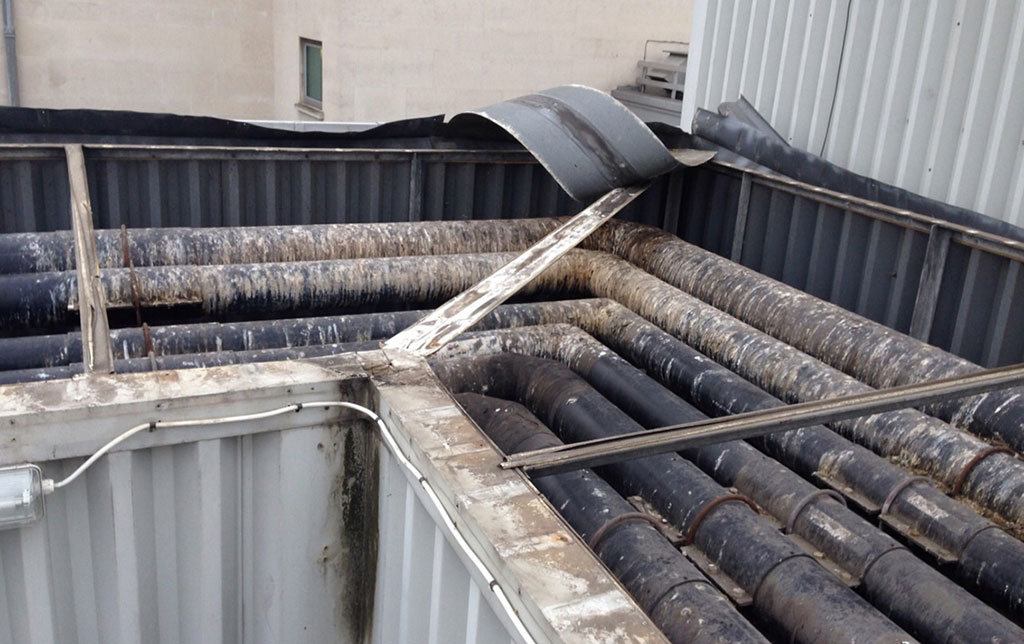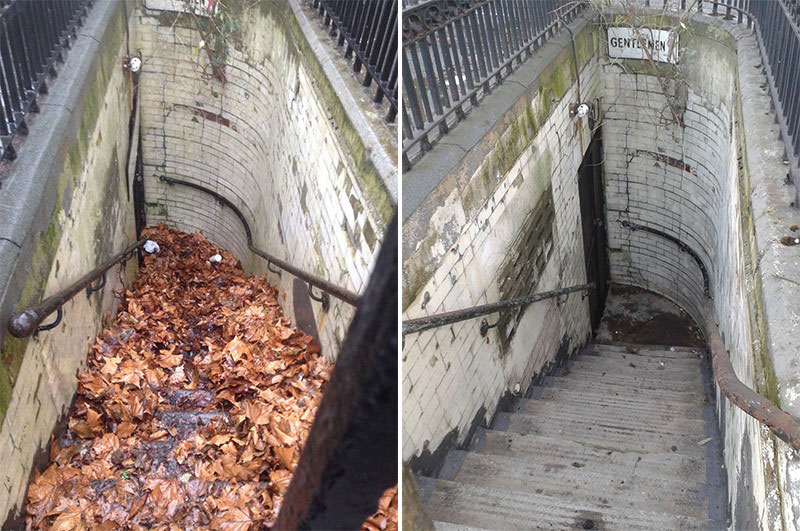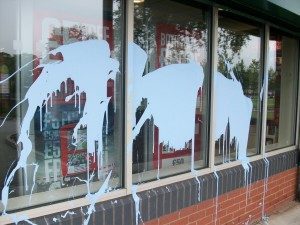If the area surrounding your business is impacted by flooding, the consequences can be serious. Not only will your company potentially be out-of-action or in a reduced capacity for days – losing earned revenue – but costly damage could be sustained to your property, equipment and stock. The safety of your employees also has to be considered.
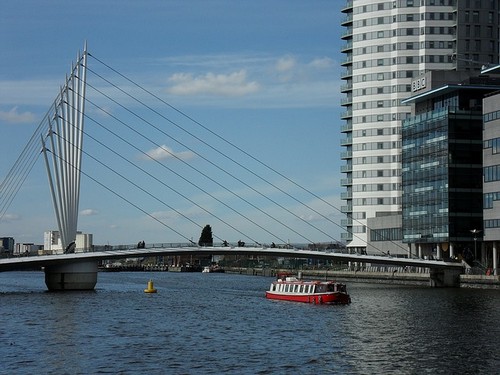
At the end of last year, December 2015, some parts of Greater Manchester were hit by serious flooding. Torrential rain over Christmas Day and Boxing Day made the rivers burst their banks, affecting thousands of properties and shutting down power supply for many. It’s estimated that almost 7,000 properties in the Greater Manchester region are at ‘high risk’ of flooding, and almost 9,000 are medium risk, as determined by a report from the Environment Agency.
How to know if your business is in a flood risk area of Manchester
Some of the higher-risk areas will be those surrounding some of Manchester’s local rivers, like the River Irwell, River Mersey, River Irk and River Medlock. There are not necessarily the only areas at risk of flooding, however.

There are a number of resources available which will help you determine the likelihood of a flood hitting your business. The Environment Agency is one such source, with a flood map available. You can even register your business for free and receive flood warnings if there is a chance of an incident in your area.
Who is responsible for managing Manchester’s flood risks?
As of 2007, it was determined by the Government that local councils would handle responsibility for prevention and handling of flooding. As such,Manchester City Council work in conjunction with other organisations to manage local flood risk strategy and investigate flooding incidents.
The council is also responsible for flooding which occurs on standard roads, and from public drains, and should be contacted if either of these arise. The Environment Agency handle flooding from rivers – see their contact details here (in the case of a river flood emergency, contact Floodline on 0345 988 1188). If a sewer or drain floods your area, the responsibility falls with United Utilities – call 0345 6723 723 in this instance.
What to do in the case of your business being flooded
It’s important that your business is prepared with a flooding plan in advance of any incident actually occurring. This includes contacting the appropriate authorities, timely evacuation of all staff and carrying out other precautions such as turning off the water and electricity supply where possible. Being prepared with a flood plan ensures that any disaster is dealt with safely and effectively on your company premises.

The property should be left vacated whilst any flood risk remains. When it’s safe to return, it’s time to assess any damage and proceed with flooding cleanup. Any residual floodwater will of course need to be pumped out of your building, and appropriate cleaning and dehumidifying processes applied to return the setting to useable condition and ensure that damp and mould are avoided. Any water-damaged items such as equipment, stock and room furnishings will need to be disposed of and replaced where necessary.
Cleaning up a property that’s suffered floodwater damage is an extensive operation that benefits from specialist equipment and knowledge. That’s why we’d always recommend hiring a qualified flood cleanup company to ensure that your company’s property is back in operation as soon as possible. CleanSafe have years of experience in repairing water damaged premises in Manchester and across the UK, so don’t hesitate to get in touch for a fast resolution.


